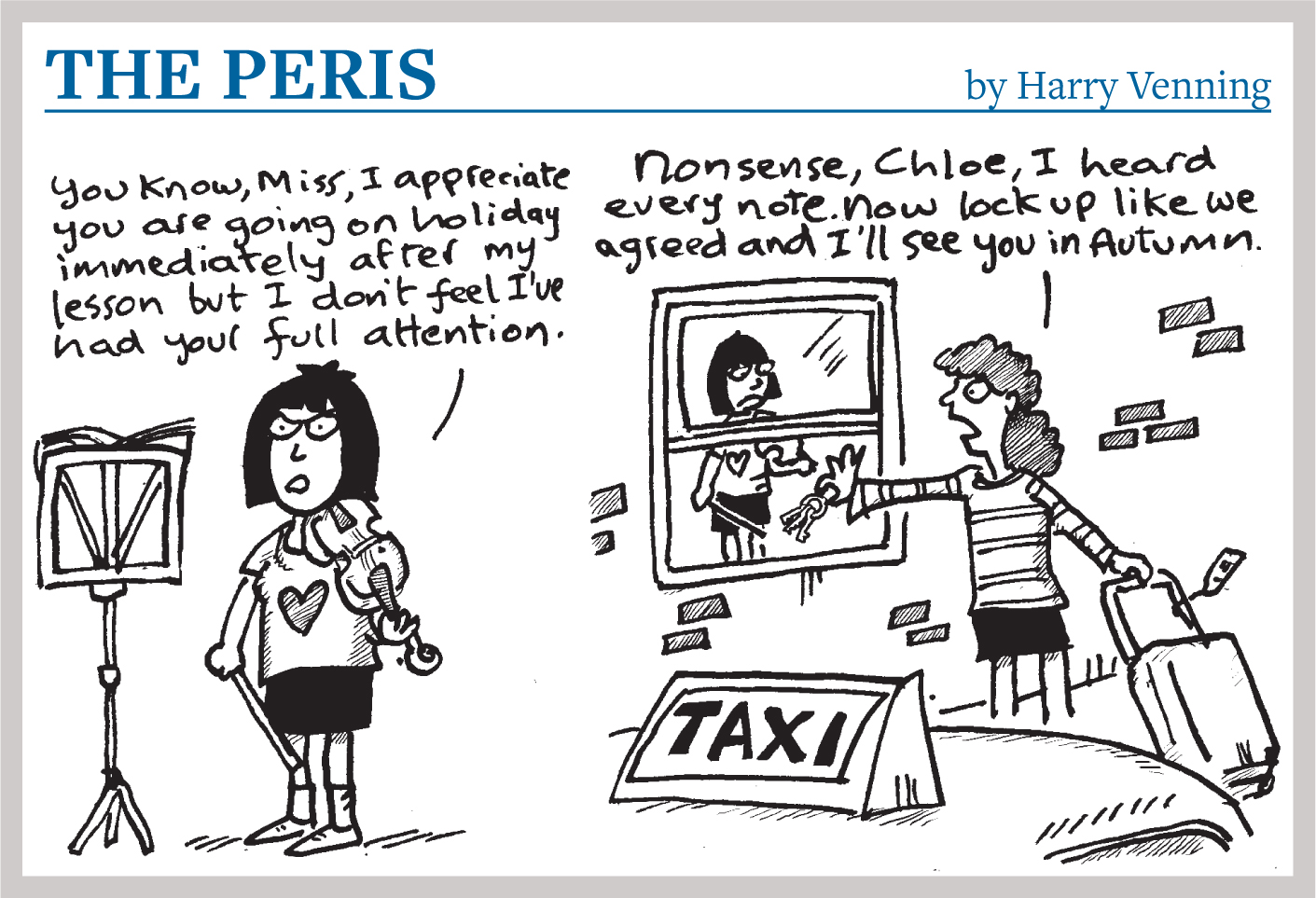
Change fatigue
Recently, I have felt an increasing level of anxiety and frustration from music teachers who feel overwhelmed by the numerous changes made to graded music exams over the past few years. Even after 22 years’ teaching, I've struggled to keep up. Change can be good and, indeed, there have been some very welcome changes and developments, but change has come at an alarming rate. To name but a few: a new ABRSM booking system; ABRSM Performance Grades and subsequent updates; recorded and digital exams from LCM; several new booking systems for LCM recorded exams; digital grades and diplomas from Trinity; a lot of new syllabuses, some well overdue from their scheduled release date; ABRSM Grades 1-5 Theory Exams going online; and the increasing reality that many physical exam centres will never reopen.
Prior to 2019 I felt confident when it came to exams. I entered my first student in 2004, and in the intervening period, there have been few major changes. It isn't always easy for teachers, as in many respects they're the ‘middle man’ between exam boards and candidates (and often their parents). Not only do teachers need to understand fully what's involved in preparing and entering students, but they need to feel confident in selling the ‘product’ to the ‘consumers’. This has become much harder.
Change is inevitable, but I truly think it can be handled more effectively. Communication is key. The ability to communicate with exam boards has become dificult, at times impossible. Teachers need to have easy access to knowledgeable staffwho are able to answer questions on a day-to-day basis. Communication of changes needs to be handled carefully and sensitively. Teachers deserve to be treated better than some exam boards have done over the past few years.
Teachers would value support and guidance not just in implementing changes, but in ‘selling’ them to their ‘clients’. Clear step-by-step instructions would be invaluable. Every time a change is made, we are told that changes have been made after consultation. I must be honest and say that I've not personally been consulted, ever, and I don't know anyone else who has. I don't doubt consultations take place, but are they reaching the right people? As one teacher said to me: ‘I don't feel I matter’.
Crucially, change should be underpinned by evidence. Exam boards should be more transparent in informing teachers what led to these changes. What evidence was there to suggest change was needed, and what led to the exact changes being made? Changes shouldn't just be a response to the latest ‘fad’.
There will be many changes to come. In the early stages of the pandemic, teachers could, to an extent, understand the dificulties exam boards faced; however, we are well beyond that now. All the exam boards need to take urgent steps to rebuild relationships with teachers at grassroots level. Change will always be easier when those most affected are on-board. Teachers and candidates deserve better from these professional and prestigious organisations.
— Dr David Barton, Lichfield





